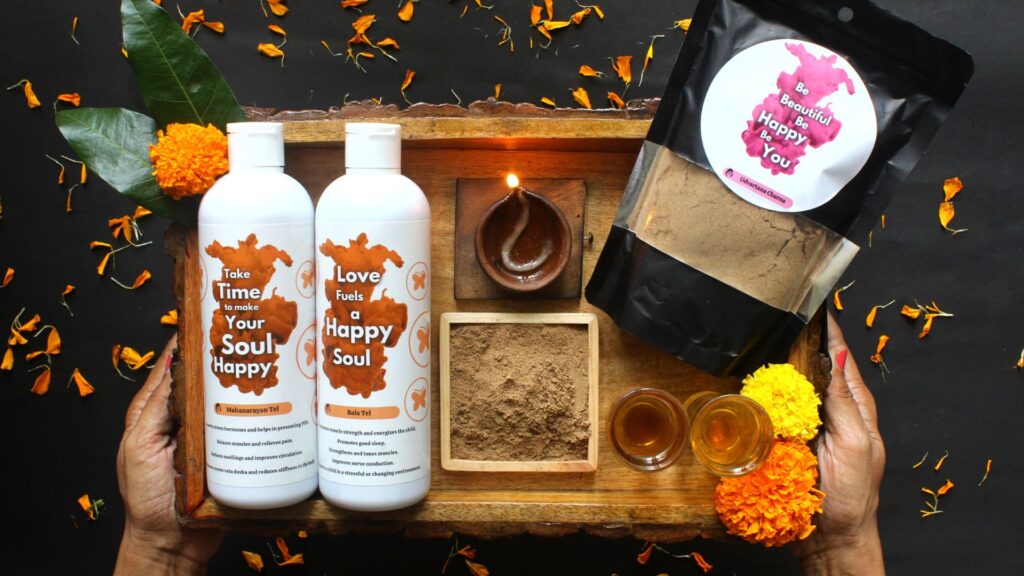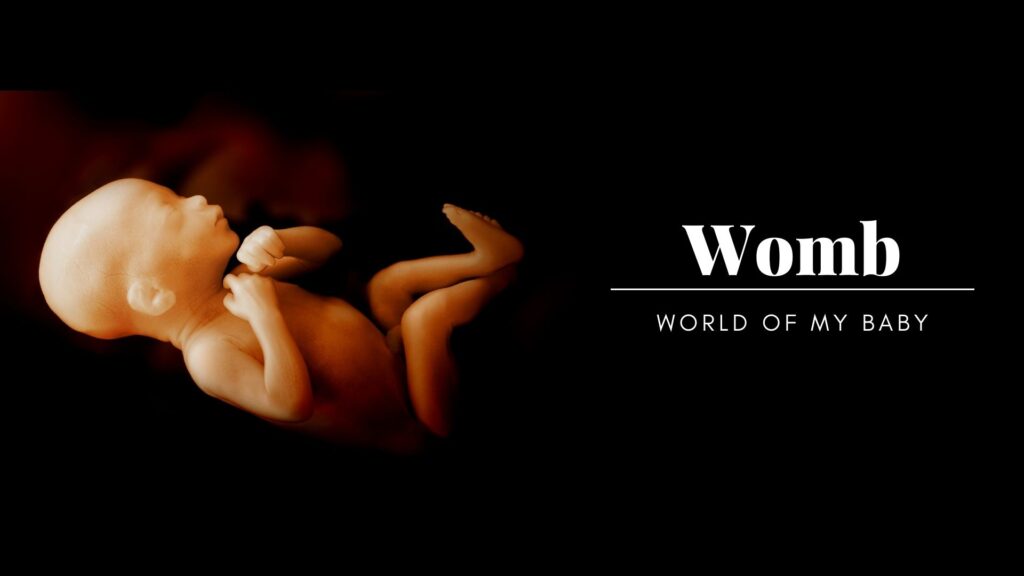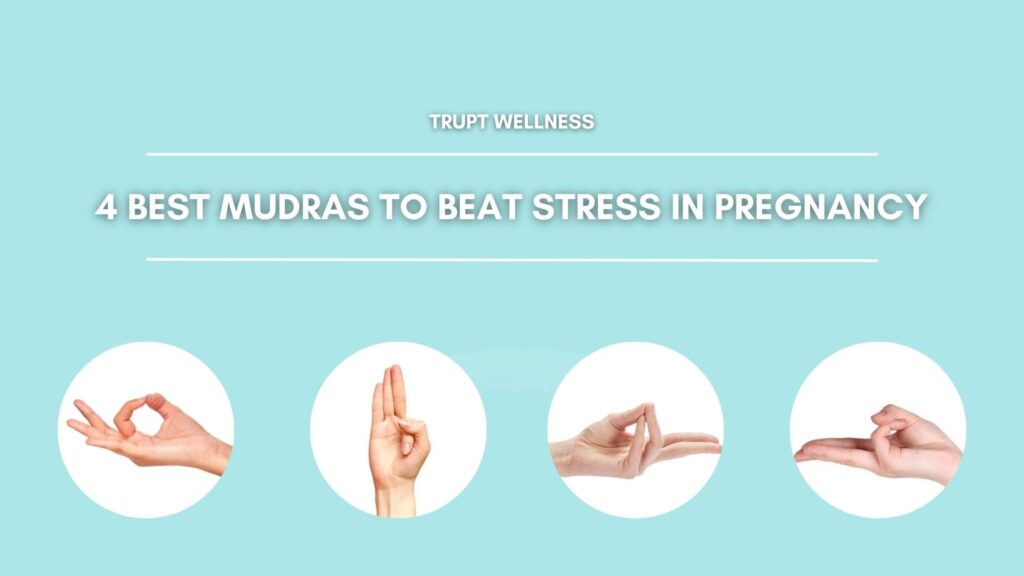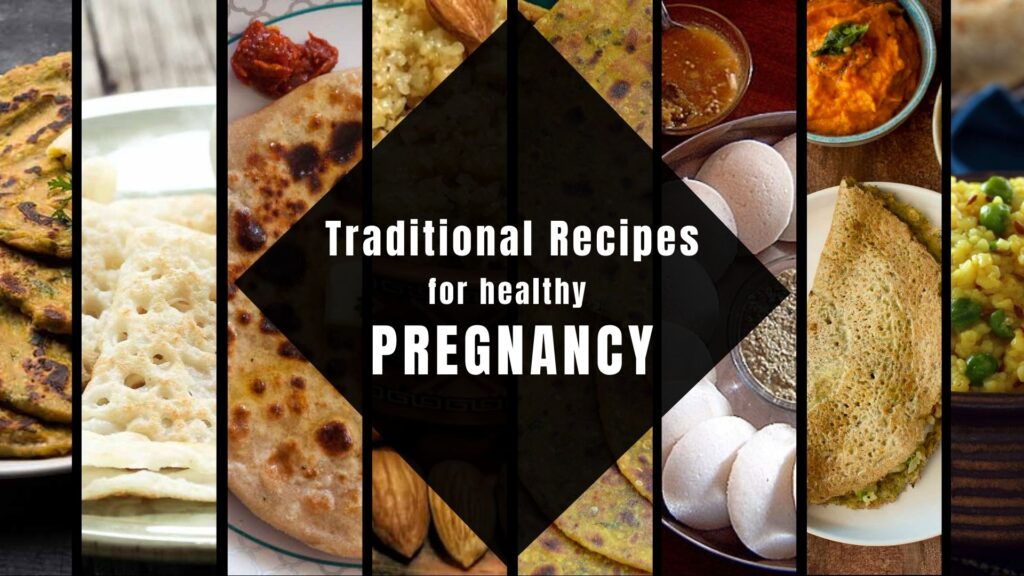
Abhyanga Snanam – Ayurveda’s take
For many out there Diwali is the festival of lights. But If you ask me what is Diwali, I would say “Diwali is a wisely

For many out there Diwali is the festival of lights. But If you ask me what is Diwali, I would say “Diwali is a wisely incorporated culture to achieve the balance i.e swasthya in a human body. This festival is a part of “ritucharya’‘ explained in Ayurveda. Ritucharya means following the diet and lifestyle changes as per the Ritu (season). India is the only country blessed with lovely festivals and the wisdom of Ayurveda.
Diwali falls exactly between the end of the Sharad Ritu (autumn) and the beginning of the Hemant Ritu (Early winter). This transition period is called Ritu Sandhi Kaal in Ayurveda.
The transition in the atmosphere increases Vata and pitta in our body. Considering the imbalance in these doshas, Ayurveda has defined a regimen and these are included in Diwali rituals.
The first one is getting up early in the morning ( Brahma muhurtha). Brahma muhurtha is roughly between 3-6 am the morning. The variation in dosha predominance in the human body is as per the 24-hour cycle. The last part of the night (3-6 am) is dominated by Vata dosha and hence waking up during this time will bestow you with a vata advantage. Vata dosha is responsible for all types of external and internal body movements. Thus, getting up during this Vayu kaal helps in the easy evacuation of bowels as all the excretory functions like urination, defecation, and flatulence are governed by apana vata (a type of vata present in the pelvis). At this time the environment around you remains purest and calm. Satvik energy (positivity, purity) and prana (life force) is the highest in the universe. The air will be fresh, the atmosphere devoid of sound and pollution giving you more mental clarity, and more flexibility of body parts and hence good time for exercise (sweeping, mopping, cleaning the house), meditation (mantra chanting, drawing mandalas in rangolis during Diwali).
ब्राह्मे मुहूर्त उत्तिष्ठेत्स्वस्थो रक्षार्थमायुषः II (अ. हृ.सु.2/1)
Acharya Vaghbata in the above verse says, waking up at Brahma muhurta provides longevity.
The next ritual is the famous one and most favorite of the elders – Abhyanga snanam.
Abhyanga is applying oil to the whole body. The majority of the families follow this ritual but not completely. So where do we go wrong? let me tell you this –
अभ्यङ्गम् आचरेन् नित्यं स जरा-श्रम-वात-हा ।
दृष्टि-प्रसाद-पुष्ट्य्-आयुः-स्वप्न-सु-त्वक्-त्व-दार्ढ्य-कृत् ॥ अ. हृ.सु.२/८ ॥
So here Acharya Vaghbata says that abhyanga should be done regularly and not only on 1-2 days of Diwali. Either it should be done daily or alternately or at least 2 days a week.
The next point to note is the oil should be warm while massaging. Til oil is the best one for massaging the body and coconut oil is for the shiro abhyanga (head massage). Til oil mixed with the Vata pacifying Ayurvedic herbs like dashmool, amalaki, jatamamsi, shatavari, atibala should be used. These medicated oils will give you more benefits like prevention from 80+ Vata disorders, it reduces dryness and stiffness of the skin providing moisture and nourishment. Abhyanga keeps you grounded, brings stability, flexibility, a good sleep routine, longevity, and pours happy hormones.
Medicated oils like bala tel, narayan tel, mahanarayan tel, ksheerbala tel can be used for abhyanga. Check out Mahanrayan tel by Trupt wellness. It applies to everyone (in the pre-conception phase, PCOS patients, Postpartum mothers, Lactating mothers, Weight loss, pre-menopausal, and post-menopausal women). Massage stimulates the nerves, aids sensory motor integration, and helps prevent neurological problems so this oil can be used in pregnancy problems like carpal tunnel syndrome, and joint pain. The mahanarayan tel is made up of fresh and authentic ayurvedic herbs cultivated in the appropriate season.
To know the appropriate procedure of abhyanga – check this video
Abhyanga has to be followed by snana i.e bath. This bath should be done by using warm water only. As warm water opens up the pores and allows the oil to penetrate deeper skin tissues.
Keep a gap of around 20-30 mins between the oil massage and the bath.
Abhyanga snana is incomplete without one more ritual- udvartana. Udvartana (ubtan) is an herbal powder mixture used to clean the body after abhyanga.
Yes! Here we fall on the fancy advertisements and use soaps after oil massages. But these soaps ruin your abhyanga by washing off oil, closing the pores of the skin, making it dry, and losing moisture. Using soap is a completely wrong method practiced nowadays during Diwali Abhyanga snanam.
उद्वर्तनं कफ-हरं मेदसः प्रविलायनम् ।
स्थिरी-करणम् अङ्गानां त्वक्-प्रसाद-करं परम् ॥
अ. हृ. सु.१/१५
Applying the udvartana powder to the whole body cleanses and moisturizes the body, and removes the kapha Dosha. The environmental pollutants, toxins, and dead skin cells are removed. It makes you feel rejuvenated, hydrated, relaxed, and refreshed. Regular udvartana is great for one who has central obesity (excess fat deposition over the abdomen and hips).
Ideally the udvartana powder should not be very fine like gram flour (besan) which is used by many people. Udvartana churna should be a bit coarse which gives a scrubbing effect to the skin. These ubtans are made with Ayurvedic herbs like chandan, usheera, nagarmotha and other twachya and kantivardhak herbs. Check out Udvartana Churna by Trupt wellness. It is made up of fresh and authentic herbs, ground by classical procedures, and is completely organic with the heavenly aroma of Chandan.
After the application of udvartana powder, clean the body with warm water. And this completes your ABHYANGA SNAMAN correctly.
Abhyanga snanam is performed to eliminate laziness and negative or evil from one’s life and mind. It is believed to have calming effects on the mind, the body, and the soul.
Trupt Wellness has brought you a perfect Diwali KIT for such holy Abhyanga. The kit offers oils (a special oil for those tiny bodies too) and heavenly aromatic ubtan.
Give yourself and your loved ones the essence of our culture not only for those Diwali days but for the whole season. Abhyangam nitya acharet…Practice Abhyanga regularly
Don’t forget to check our Diwali collection combos.
Happy Diwali!

For many out there Diwali is the festival of lights. But If you ask me what is Diwali, I would say “Diwali is a wisely

As the best parent, everyone tries to protect their child in all possible ways. Our parents did the same to us and still do it.

Besides being a Doctor, like every other pregnant woman I too had a lot of confusion regarding what essentials I should have to make my

As a mother, I always had a hundred thoughts in my mind during my pregnancy. I always wanted to be sure about whether my baby

Are you dealing with stress in pregnancy? Have you ever desired for a quick and easiest remedy to charge you up in those depressed and

At their core, traditional recipes are a way of ensuring you’re eating what your body needs to stay healthy and feeling good. Each recipe has
Copyright © 2021 truptwellness | Powered by truptwellness
Any questions? Click for Consultation.